8C2 Science
Section outline
-
-
For the purpose of this Assessment students will research a planet in the solar system and record their information. Students will also illustrate the the Earth and its components using a scale to show the distances.
-
EXPLORE / TŪHURA learning intentions:
- We are EXPLORING...the context ‘our way and us’ by discovering ecology in our school and country.
Kia ora...
Success Criteria: I can/have...
- I can recall what an environment is.
- I can describe the unique features and species of NZ.
- I can organise a timeline on land formation to show how NZ was formed.
Activities:
- Brainstorm in class.
- Notes from EP - Aotearoa: Past, Present, Future.
Homework:
Native/Introduced/Invasive species task - on Google Classroom.
-
EXPLORE / TŪHURA learning intentions:
- We are EXPLORING...the context ‘our way and us’ by discovering ecology in our school and country.
- We are EXPLORING...the context ‘our way and us’ by experimenting using the scientific method and how we work together during investigations.
Kia ora...
Success Criteria: I can/have...
- I can compose an argument to defend whether we should kill native species in NZ.
- I can describe the scientific method and use it in a basic investigation.
Activities:
- Debate whether we should kill introduced species - doc in google classroom.
- Lab - revise scientific method and design experiment to test solubility of different solids.
Homework:
Native/Introduced/Invasive species doc completed.
-
EXPLORE / TŪHURA learning intentions:
- We are EXPLORING...the context ‘our way and us’ by discovering ecology in our school and country.
Kia ora...
Success Criteria: I can/have...
- I can describe how an introduced species adapts to living in NZ.
- I can theorise what would happen if a new animal was introduced to NZ.
Activities:
- Connected Journal Article - It Seemed Like a Good Idea at the Time.
- Stoat habitat comparison - England vs NZ.
- Considering a new pest - questions in class.
Homework:
All notes up to date.
-
EXPLORE / TŪHURA learning intentions:
- We are EXPLORING...the context ‘our way and us’ by discovering ecology in our school and country.
- We are EXPLORING ...the context ‘our way and us’ by experimenting using the scientific method and how we work together during investigations.
Kia ora...
Success Criteria: I can/have...
- I can apply my knowledge about classification to different living things.
- I can describe what evolution is.
- Work with different peers to conduct a fair test.
Activities:
- EP - Y8 Classification Revision.
- EP - Evolution introduction + notes.
- LAB - fair testing with different peers.
- Adaptations + design a muman.
Homework:
All EP up to date.
-
FOCUS / ARONGA learning intentions:
- We are FOCUSING...on the context ‘Our Way and Us’ by explaining how evolution and adaptations within the ecology of Aotearoa led to the survival of our unique flora and fauna.
Kia ora...
Success Criteria: I can/have...
- I can identify the three different types of adaptation.
- I can infer types of adaptations using NZ bird examples.
Activities:
- Mark NZ forest adaptations.
- Classifying bird adaptations (in class).
- Brainpop - Natural Selection.
Homework:
All tasks up to date. -
FOCUS / ARONGA learning intentions:
- We are FOCUSING...on the context ‘Our Way and Us’ by explaining how evolution and adaptations within the ecology of Aotearoa led to the survival of our unique flora and fauna.
Kia ora...
Success Criteria: I can/have...
- I can recognise how adaptations enable organisms to survive and reproduce in the NZ forest.
- I can justify why an adaptation is helpful to the survival of a species.
Activities:
- Muman design and presentation in class.
- Completing mini investigations.
Homework:
Muman ready for presentation this week.
-
PLAN & DO / WHAKAMAHI learning intentions:
- We are PLANNING to construct a food web so that we can understand interactions within the ecology of Aotearoa and how humans might impact these.
Kia ora...
Success Criteria: I can/have...
- Explain the concepts of predator, prey, and competition.
- Discuss how matter is recycled through different groups of organisms - producers, consumers, and decomposers.
- Build a food web to demonstrate our understanding of ecological relationships within the NZ forest.
Activities:
- Notes from slideshow in class.
- EP - food chains and food webs.
- Food web game on brainpop.
- Build a NZ forest food web as a class.
- Food web blookets.
Homework:
All notes and EP up to date. Starting to think about Science Fair.
-
PLAN & DO / WHAKAMAHI learning intentions:
- We are PLANNING to construct a food web so that we can understand interactions within the ecology of Aotearoa and how humans might impact these.
Kia ora...
Success Criteria: I can/have...
- Build a food web to demonstrate our understanding of ecological relationships within the NZ forest.
- Start to think about science fair groups and investigations.
Activities:
- NZ forest food web in groups.
- Food web blookets.
- Finish muman presentations.
- EP diagnostic test on science investigation skills.
- Confirm science fair groups and investigations.
Homework:
All notes and EP up to date. Starting to think about Science Fair.
-
EXPLORE / TŪHURA learning intentions:
- We are EXPLORING...the context ‘develop, do, change’ by investigating a research question to collect data and recognise how it can be applied to the “real world”.
Kia ora...
Success Criteria: I can/have...
- Explain why I have decided to undergo this scientific investigation and the relevance of it in the ‘real world’.
- Identify the aim of my investigation.
- Predict the outcome of my investigation through my hypothesis.
Activities:
- Science fair week 1 log book in slides.
- Finish Introduction.
- Revise what a hypothesis is.
- Write aim and hypothesis.
Homework:
All science fair slides up to date - introduction, aim, and hypothesis + log book week 1 and 2 to be completed by end of FFR.
-
FOCUS / ARONGA learning intentions:
- We are FOCUSING...on the context ‘develop, do, change’’ by identifying how to test a research question and describing the data gathered.
Kia ora...
Success Criteria: I can/have...
- Identify the equipment needed to test my hypothesis.
- Discuss the importance of fair testing and examine how the control, apparatus, and variables can modify an experimental outcome.
- Describe the steps needing to be followed to test my science fair investigation.
Activities:
- EP - Fair testing.
- EP - Reliability, repeatability, accuracy.
- Write method for science fair.
Homework:
All science fair slides up to date.
-
PLAN & DO / WHAKAMAHI learning intentions:
- We are PLANNING to apply our method so that we can gather data to investigate our research question.
Kia ora...
Success Criteria: I can/have...
- Test my science fair investigation and apply changes to improve my method if needed.
Activities:
- Following method to test science fair and gather results.
- EP - Introduction to Forces.
- Assessment submitted.
Homework:
Submit assessment and continue to collect data.
-
PLAN & DO / WHAKAMAHI learning intentions:
- We are PLANNING to apply our method so that we can gather data to investigate our research question.
- We are EXPLORING the context ‘develop, do, change’ by experimenting with different everyday examples of physical phenomena to understand the boundaries of our physical world.
Kia ora...
Success Criteria: I can/have...
- Test my science fair investigation and apply changes to improve my method if needed.
- Describe what energy is and how it is transformed and transferred.
Activities:
- Continue testing to gather data for science fair.
- EP - What is Energy.
- Energy poster - instructions on google classroom.
Homework:
Ensure all EP and brainpop are completed + turn in any overdue assignments.
-
Morena Year 8 Students
Welcome to your Science Learning for Term 3. My name is Mrs Naidoo and I will be teaching you for this term.
Our focus for term 3 is Planet Earth and Beyond.
Week 1
Learning Intention: We are focusing on the interactions between the components in the universe.
Success Criteria
I can:
Explain how the universe began.
Discuss and describe the Big Bang Theory.
Discuss the purpose of gravity.
Identify the main components of the solar system.
Explain the purpose of the sun and moon.
Activities
1. Complete the universe quiz.
2. Create the timeline of the formation of the universe.
3, Research the "big bang theory'/watch the video and complete the questions.
4. Conduct an experiment on gravity-include a hypothesis and a conclusion.
-
Week 2
Learning Intention: We are focusing on the interactions between the components in the universe.
Success Criteria
I can:
Explain how the universe began.
Discuss and describe the Big Bang Theory.
Discuss the purpose of gravity.
Identify and explain Black holes in the Universe.
Activities
1. Complete the universe quiz.
2. Create the timeline of the formation of the universe.
3, Research the "big bang theory'/watch the video and complete the questions.
4. Conduct an experiment on gravity-include a hypothesis and a conclusion.
5. Complete the Brain pop activities on Black holes in the Universe.
-
Week 3 - Planet Earth and Beyond
The Planets
Learning Intention
We are exploring the context “our actions can unite or divide communities”by observing the interactions within the solar system.
Success Criteria
Observe how the planets have formed and classify them according to their distinct features.
ActivitiesDraw the stages in the formation of the planets.
Describe and summarise each stage.
Explain the purpose of the Curiosity Rover in space.
Examine and analyse the suitability of Mars to sustain life.
-
Week 4 - Planet Earth and Beyond
The Planets
Learning Intention
We are exploring the context “our actions can unite or divide communities”by observing the interactions within the solar system.
Success Criteria
Investigate the relationship between gravity and mass.
Locate the position of the planets within the solar system.
Classify the planets according to their similarities and differences.
Comparing planets according to their composition, climate, day length, gases present.
Investigating our mass on planet earth and on other planets by using a formula.
EP Task - Solar system.
Examine and analyse the suitability of Mars to sustain life.
-
Week 5 - Planet Earth and Beyond
Layers and Composition of the Earth
Learning Intention
LI: We are exploring the context “our actions can unite or divide communities”by investigating the layers of the Earth.
LI: We are focusing on the context “our actions can unite or divide communities”by identifying and describing each layer in relation to the other.
Success Criteria
I can
Identify each layer within the earth.
Describe the layers in detail.
Compare the layers and state similarities and differences.
-
Week 6 - Planet Earth and Beyond
Layers and Composition of the Earth
Learning Intention
LI: We are exploring the context “our actions can unite or divide communities”by investigating the layers of the Earth.
LI: We are focusing on the context “our actions can unite or divide communities”by identifying and describing each layer in relation to the other.
Success Criteria
I can
Identify each layer within the earth.
Describe the layers in detail.
Compare the layers and state similarities and differences.
-
Week: 7
Planet Earth and Beyond
Learning Intentions
LI: We are focusing on the context “our actions can unite or divide communities” by developing our knowledge about Planet Earth.
LI: We are focusing on the context “our actions can unite or divide communities” by comparing the movements of the earth within the solar system.
Success Criteria:
I can:
Construct a Bar Graph - showing the diameter and distances of the planets.
Explain How seasons and day/night occur.
Compare the Earth movements to other planets.
Identify the different phases of the moon.
Illustrate the phases of the moon.
-
PLAN & DO / WHAKAMAHI learning intentions:
- PLAN & DO / WHAKAMAHI learning intentions:
- We are PLANNING to apply our knowledge of the Solar system by creating information reports.
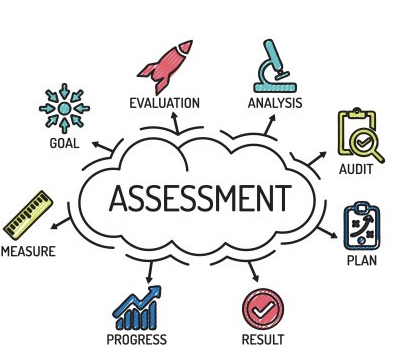
MHJC Great Learner Learning to Learn / Ako: Learning and Thinking Strategy
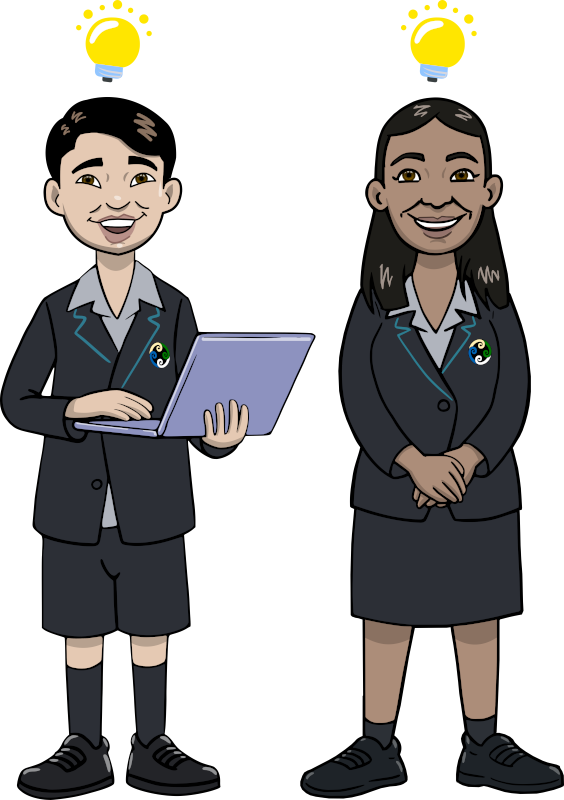
- PLAN & DO / WHAKAMAHI learning intentions:
-
PLAN & DO / WHAKAMAHI learning intentions:
- PLAN & DO / WHAKAMAHI learning intentions:
- We are PLANNING to apply our knowledge of the Solar system by creating information reports.
MHJC Great Learner Learning to Learn / Ako: Learning and Thinking Strategy

- PLAN & DO / WHAKAMAHI learning intentions:
-
School Holidays
-
School Holidays
-
EXPLORE / TŪHURA learning intentions:
- We are EXPLORING...the context of “the choices we make have implications” by classifying our digestive system.
Kia ora...
Success Criteria:
I can:
Name all the parts involved in the digestion of food.
Label and identify the digestive system.
Compare and contrast the various parts of the digestive tract.
Google Classroom - Link to Activities
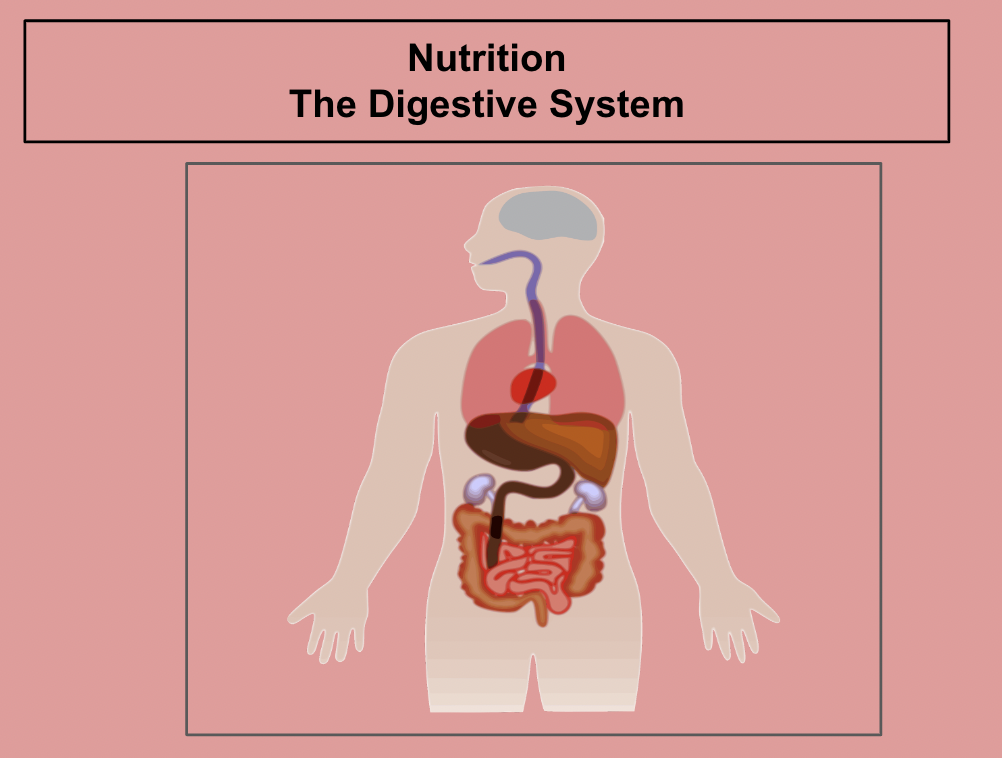
-
EXPLORE / TŪHURA learning intentions:
- We are EXPLORING...the context of “the choices we make have implications” by classifying our digestive system.
Kia ora...
Success Criteria:
I can:
Name all the parts involved in the digestion of food.
Label and identify the digestive system.
Compare and contrast the various parts of the digestive tract.
Google Classroom - Link to Activities

-
Kia Ora Students
FOCUS / ARONGA learning intentions:
- We are FOCUSING...on the context ‘our choices impact on our outcomes’ by identifying the nutrients found in the food that we eat
- Success Criteria...I can/I have
Identify the 6 main nutrients.
Calculate and explain the difference between kilojoules and calories in food.
Plan a balanced meal inclusive of the RDA
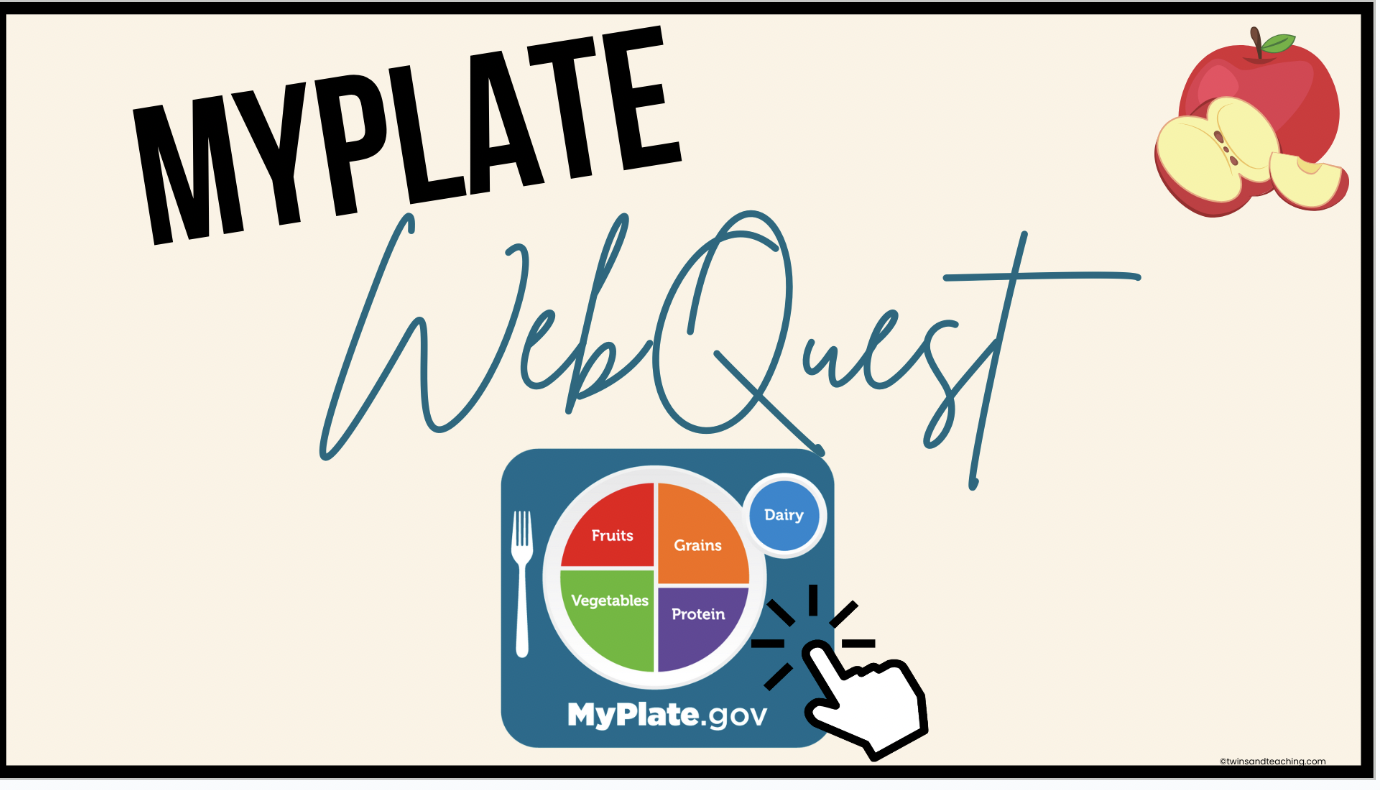
-
Kia Ora Students
FOCUS / ARONGA learning intentions:
- We are FOCUSING...on the context ‘our choices impact on our outcomes’ by identifying the nutrients found in the food that we eat
- Success Criteria...I can/I have
Identify the 6 main nutrients.
Calculate and explain the difference between kilojoules and calories in food.
Compare food labels and decide which are the healthier options.
Define and calculate BMI.
Discuss and investigate proteins found in certain foods.
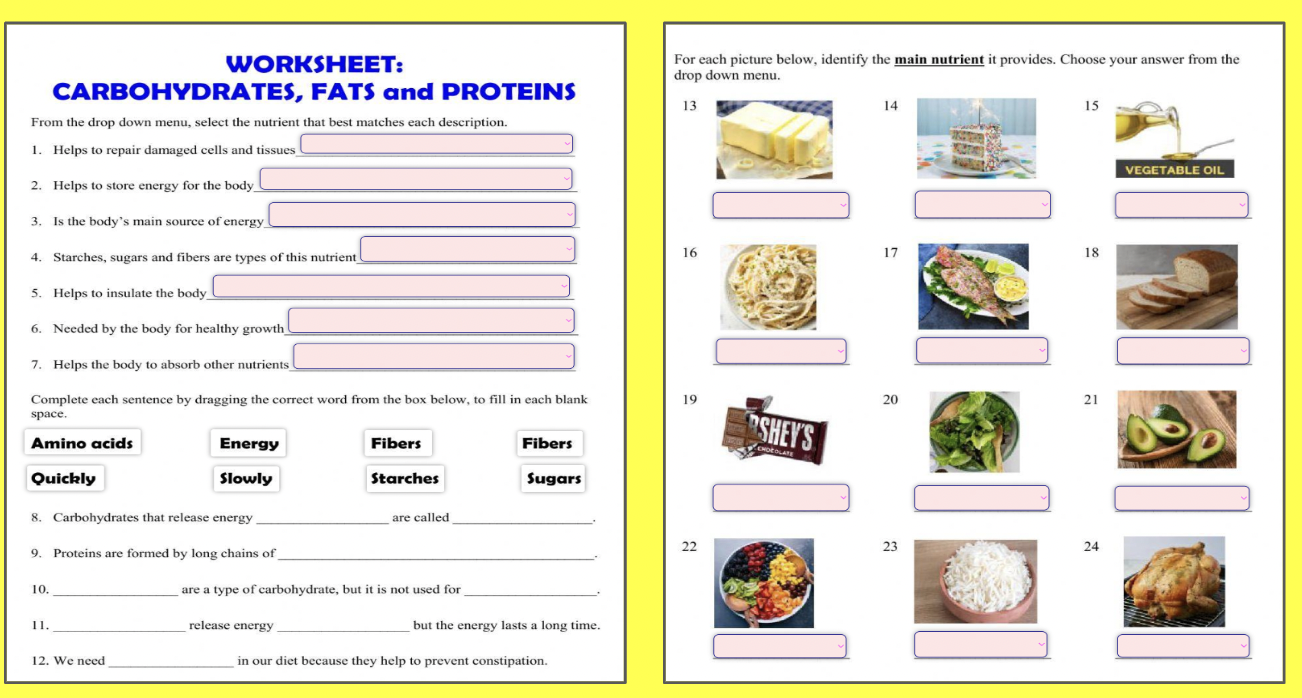
-
PLAN & DO / WHAKAMAHI learning intentions:
- We are PLANNING to design balanced meals with the RDA of each nutrient to show the impact of healthier choices on our bodies.
- Success Criteria
Compare food labels and decide which are the healthier options.
Define and calculate BMI.
Research traditional foods from countries participating in the world cups -identify nutrients/deficiencies.

-
PLAN & DO / WHAKAMAHI learning intentions:
- We are PLANNING to do research on nutritional deficiencies to understand the impacts of unhealthy eating on our bodies.
- Success Criteria
Explain the difference between complex and simple carbohydrates, with examples.
Design a balanced meal inclusive of the RDA of each nutrient.
Construct a food pyramid.
Produce research on nutritional deficiencies found in children.
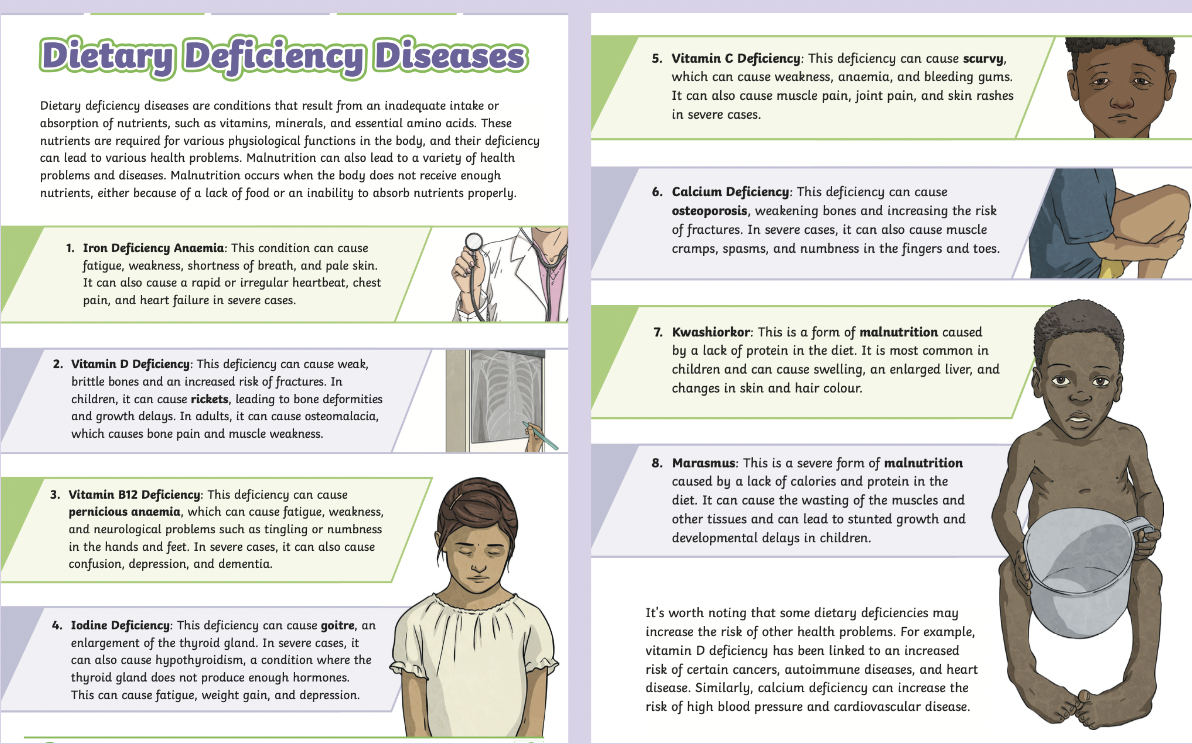
- We are PLANNING to do research on nutritional deficiencies to understand the impacts of unhealthy eating on our bodies.
-
Kia Ora, Welcome to Week 7
PLAN & DO / WHAKAMAHI learning intentions:
- We are PLANNING to do research on nutritional deficiencies to understand the impacts of unhealthy eating on our bodies.
- Success Criteria
Explain the difference between complex and simple carbohydrates, with examples.
Design a balanced meal inclusive of the RDA of each nutrient.
Construct a food pyramid.
Produce research on nutritional deficiencies found in children.

- We are PLANNING to do research on nutritional deficiencies to understand the impacts of unhealthy eating on our bodies.
-
Kia Ora Students
FOCUS / ARONGA learning intentions:
- We are FOCUSING...on the context of how our choices impact on the world by developing our knowledge about the scientists and their discoveries.
- Success Criteria...I can/I have
Construct a biography of the scientist.
Explore a range of sources of information.
Describe the contribution the scientist has made to the world.
Select relevant information and write in my own words.
Display and present information to the class.
Google Classroom - Link to Activities
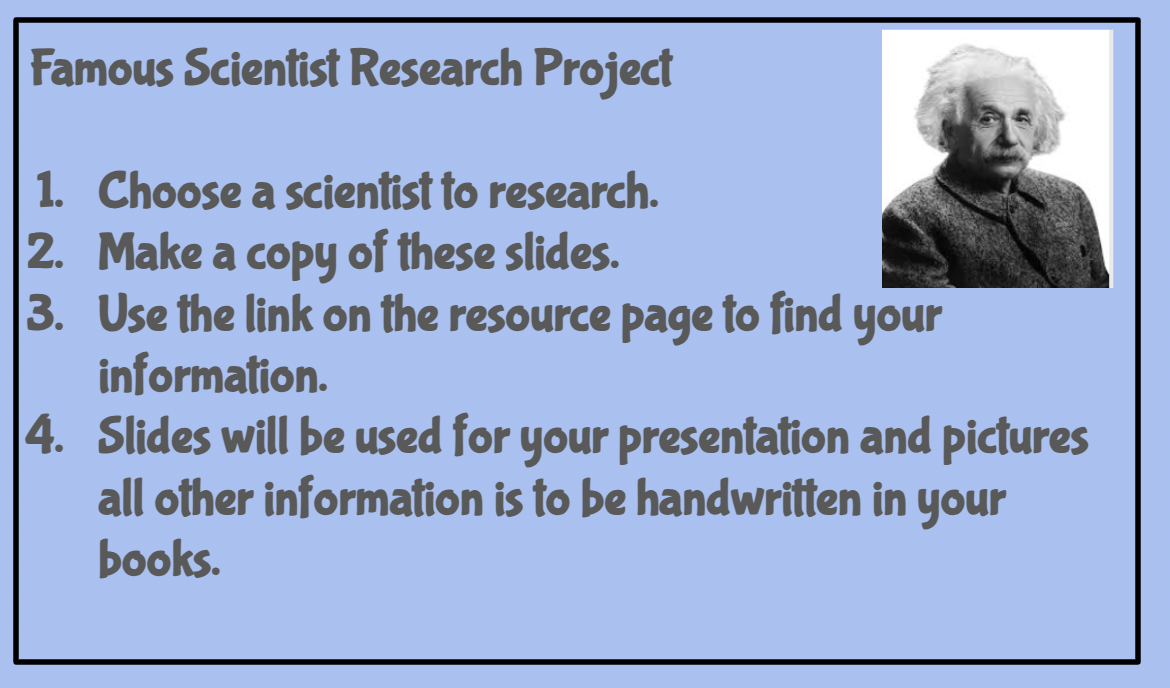
- We are FOCUSING...on the context of how our choices impact on the world by developing our knowledge about the scientists and their discoveries.
